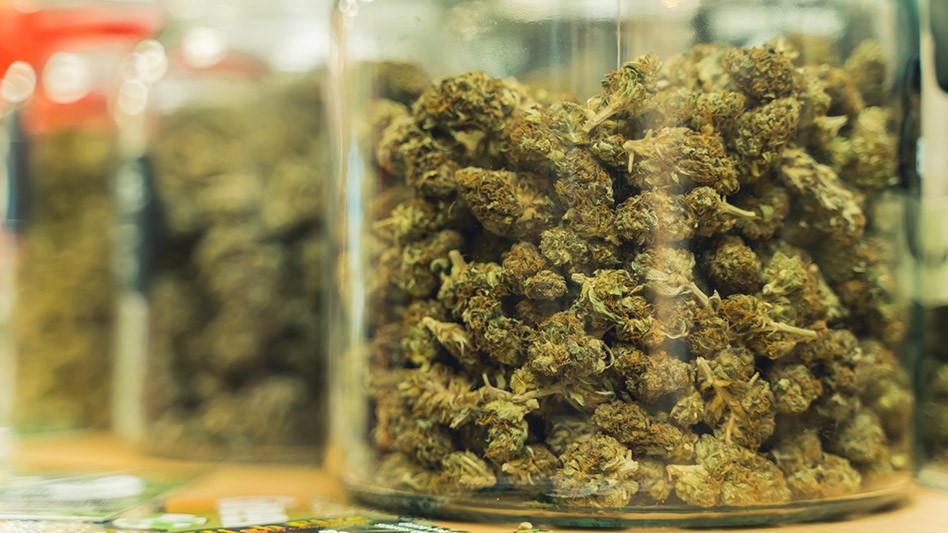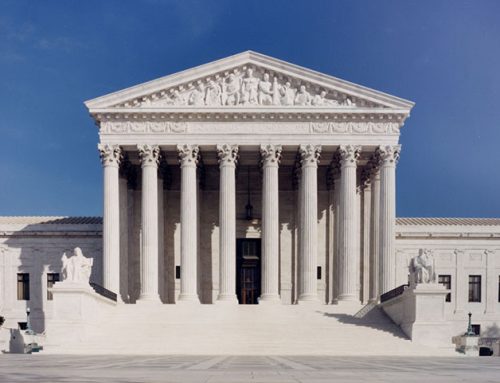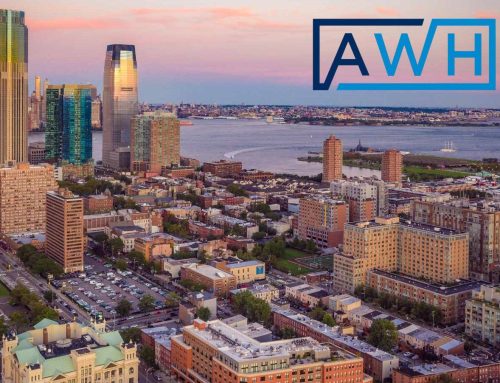Virginia Legislators Propose Divergent Paths for Adult-Use Cannabis Sales
LOS ANGELES- In a notable move toward the commercialization of adult-use cannabis, Virginia’s legislative bodies are progressing with distinct proposals aimed at kickstarting regulated sales by the upcoming year. This initiative comes after the legalization of cannabis in 2021, which did not extend to the licensing and regulation of its market, a matter that has since awaited further legislative action.
The advancement of these proposals marks a pivotal moment, especially following a political shift that saw Democrats regain control of the House, reigniting discussions around the regulatory framework for the cannabis industry. The differing proposals from Virginia’s House of Delegates and Senate underscore the complexities and nuances in crafting legislation that balances regulatory oversight with market freedom.
The House of Delegates’ Stance
In a closely contested vote, the Virginia House of Delegates demonstrated a nearly party-line division, with Del. Paul Krizek’s (D) cannabis sales bill moving forward. Notably, this proposal seeks to establish a comprehensive licensing system for cannabis cultivators, manufacturers, and retailers, coupled with a 9% tax rate on the industry. However, it controversially proposes a ban on outdoor commercial cannabis cultivation, a decision likely to stir debate among stakeholders. The bill also envisages a pathway for existing medical cannabis operators and several hemp companies, alongside equity-focused microbusinesses, to enter the adult-use market, albeit with a significant financial commitment from medical operators to support this transition.
Implications and Governor’s Decision
As Virginia stands on the cusp of establishing a regulated adult-use cannabis market, the divergent legislative proposals highlight the ongoing debate over the best approach to legalization and regulation. The ultimate decision rests with Governor Glenn Youngkin, who faces the critical choice of continuing the status quo of unlicensed, unregulated operations dominating the market or adopting a regulatory framework akin to that of medical cannabis. This decision carries significant implications for the future of cannabis in Virginia, touching on economic, social, and public health dimensions.
The legislative journey of these proposals underscores the complex interplay of political, economic, and social factors in shaping cannabis policy. As Virginia navigates these waters, the outcome will likely serve as a bellwether for other states grappling with similar issues, offering insights into the evolving landscape of cannabis legalization and regulation in the United States.



































